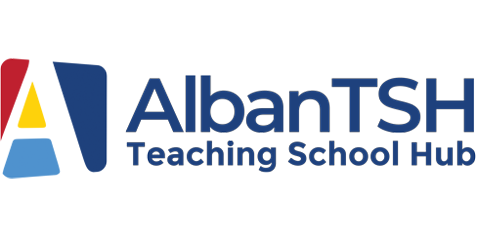How Will Maths Help Me In Real Life?
by Nazeela Shirazi
It’s the dreaded question many teachers face across the academic year: when will I ever need this in real life?
Some students ask it to challenge us, using it to mean ‘prove to me that I need this in my life.’ Other students ask it sincerely, honestly wanting to know how the course content might be used in the future. Some subject teachers may hear this question less often, or they may find it relatively easy to answer, if they can link their content to vocational roles post-education. Which question is more commonly asked by students: when will I ever need this maths? Or when will I ever need to play football in real life? A devastating number of polls show that students rank mathematics as their most boring or even despised subject, and I believe that we, as mathematics teachers, fall victim to this question more than most.
Why does referring to yourself as a mathematician leave others with a bewildered look, wanting to run as far away from you as possible? Why is it so common to hear people exclaim, with no reservations, that they ‘cannot do maths’ or that they have never been ‘mathematically minded’, when those same people would be ashamed to admit that they could not read or write? Sadly, it has become socially acceptable to boast of poor maths skills. Figures reported by The Independent show that, while literacy rates are improving, the number of adults who have numeracy skills no better than those expected of an 11-year-old has shot up from 15 million to 17 million – 49% of the adult population. One study concluded that those with poor numeracy are twice as likely to be unemployed, while 65% of young people in prison have the lowest levels of numeracy. Even with an alarming array of statistics supporting the claim that learning mathematics is important, there remains a clear, deep-rooted negative mindset associated with the subject. This mindset will only be changed if educators and parents alike contribute to transforming the dialogue.
While strong numeracy skills correlate with better career prospects, this is not my answer to the dreaded question. In my own practice, I relish the chance to change a student’s mindset, encouraging them to think not only about what they are learning, but about the learning process itself. The purpose of teaching mathematics is to teach students how to think. Many believe that mathematics is about learning and utilising formulae to solve abstract problems that do not mean anything. Yet I argue that mathematics is extremely practical, inclusive, and even beautiful. It is not just about finding answers, but about using your imagination and learning how to ask the right questions. It is not about mindless number crunching, but about forming new ways to see problems. We can solve problems by combining insight with imagination. Mathematics allows us to build analogies between different parts of the world and to perceive realities that would otherwise be intangible. So we must change the dialogue connected with mathematics from one of numbers, addition, subtraction, multiplication and division to one of patterns, relationships, problem solving and logical connections.
Humans are fantastic at making patterns. The people who do this well have a special name: artists, musicians, sculptors, painters, cinematographers. They are all pattern creators. But what is behind all of these patterns? Leibniz expressed it so beautifully: ‘music is the pleasure the human mind experiences from counting without being aware that it is counting.’ Mathematics.
When will you use simultaneous equations or trigonometry or derivatives? You might not. But that is not the point. The point is that studying mathematics allows you to exercise and expand the capacity of your brain, and to learn how to approach problems. What could be more important for ‘real life’ than that?
The Independent





